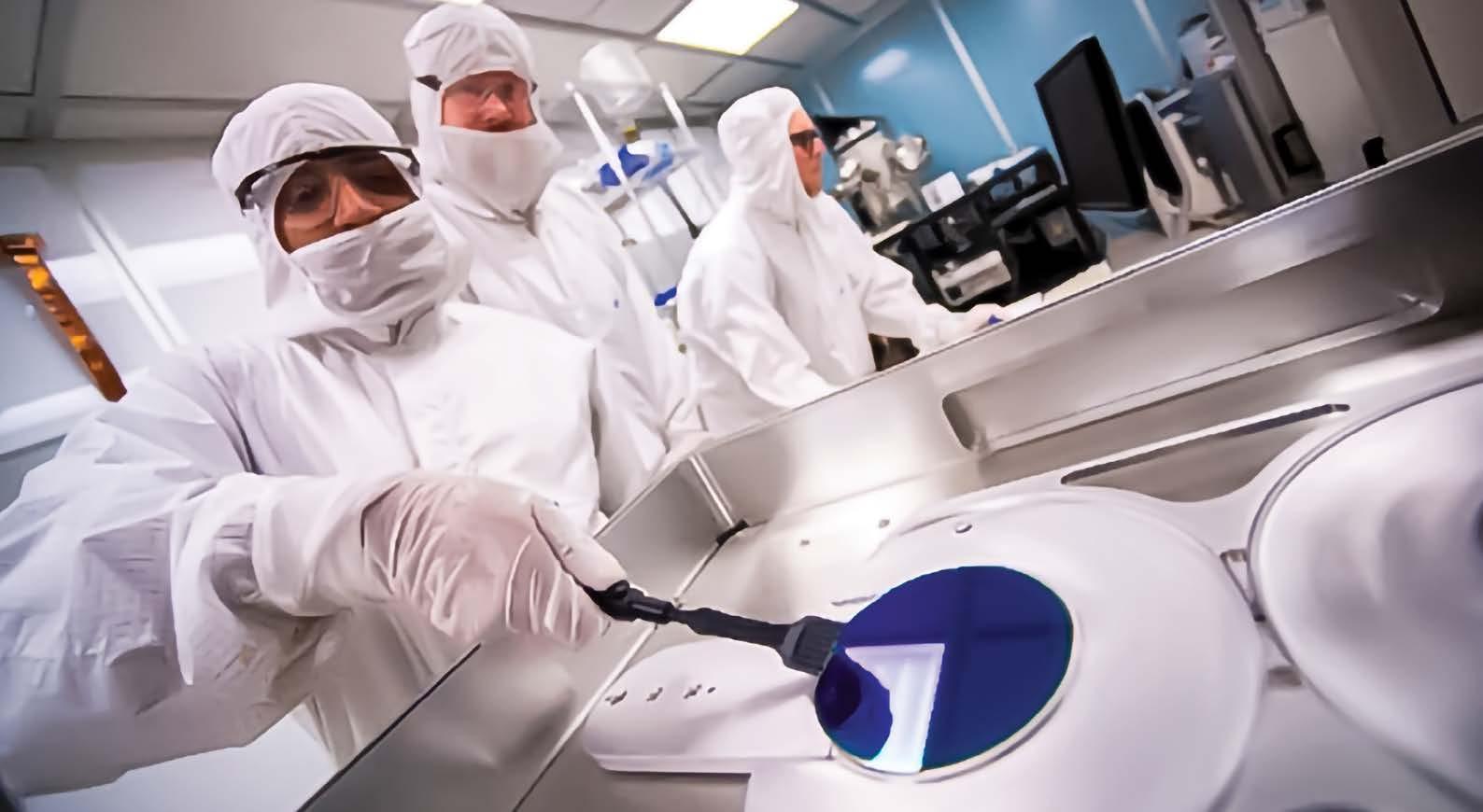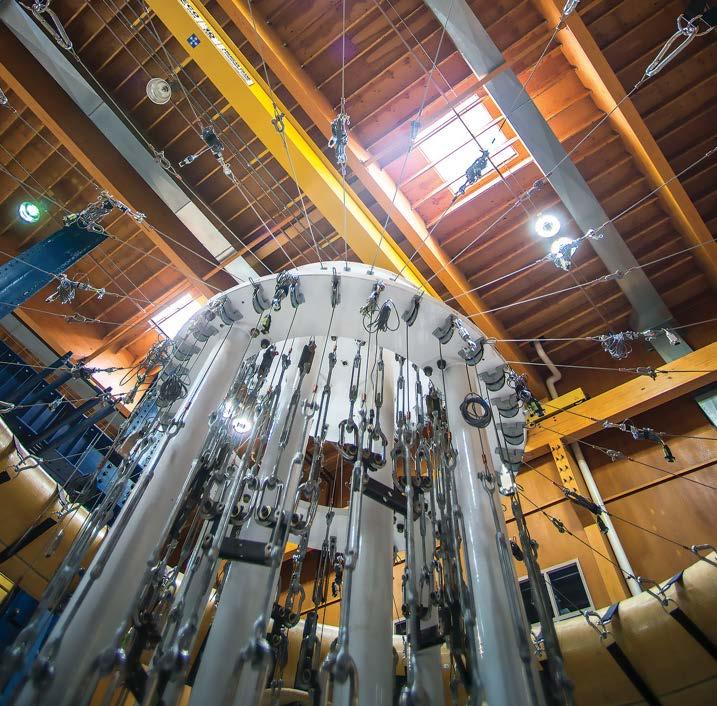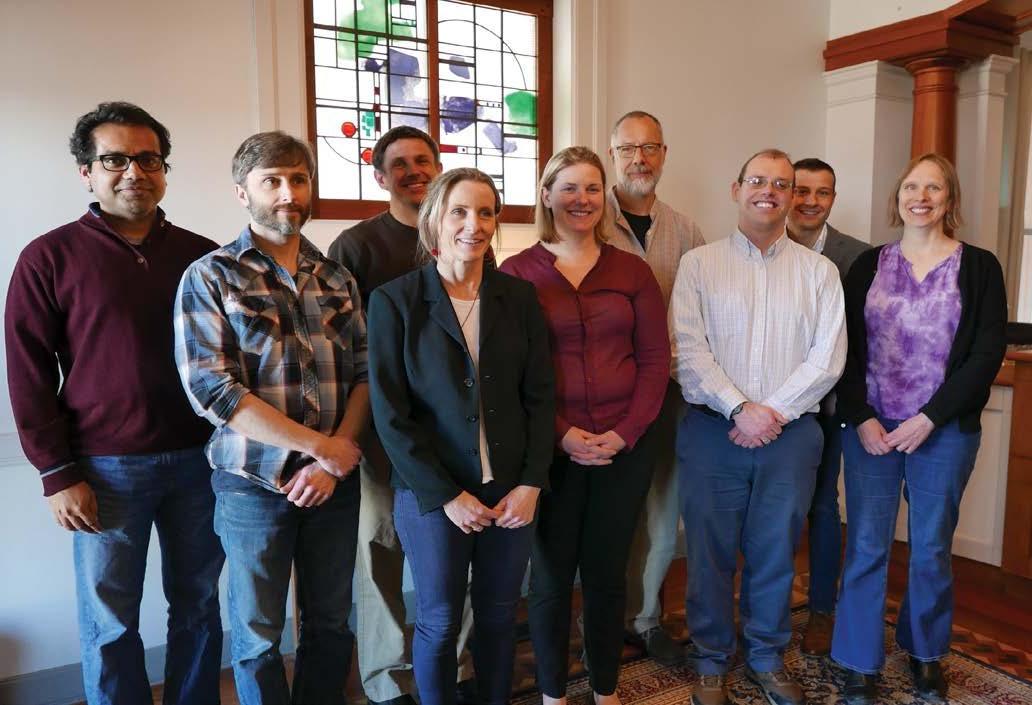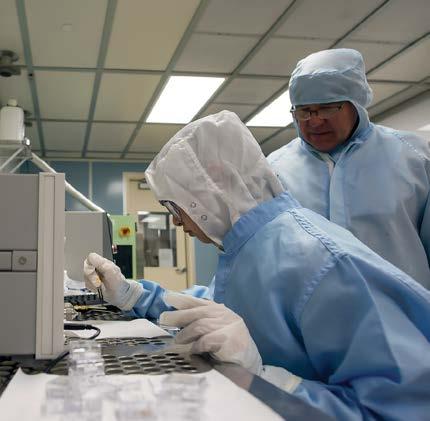Maine Space Grant Consortium & Maine EPSCoR Director: Terry Shehata
S
ince the early 2000s, Maine’s NASA EPSCoR program, through the Maine Space Grant Consortium (MSGC), has invested in a variety of research sectors, including biomedical science, advanced materials science, high-performance propulsion systems, remote sensing applications, marine science, and climate science. The primary goal of the program is to create a workforce developed through new science in areas that not only align with the interests of NASA, but also the state’s aerospace-related activities. Maine’s NASA EPSCoR program receives $125,000 per year under the NASA Research Infrastructure Development (RID) program over the course of three years (with renewals every three years). This helps Maine researchers establish relationships with NASA researchers. RID funds support small-scale research intended to generate data for larger research proposals. In addition, each year the national NASA EPSCoR Research Competition awards $750,000 over three years to support meritorious research projects that align with NASA’s needs. Annually, Maine NASA EPSCoR solicits research proposals for this competition, and following an external review process, one proposal is submitted to NASA EPSCoR. If selected, NASA EPSCoR issues an award to the state NASA EPSCoR program, which in turn issues a subaward to the institution of the Science-Principal Investigator. In the last year, Maine’s NASA EPSCoR has seen some important achievements. For example, two projects received funding, one under the Maine NASA EPSCoR Research Competition and the second under the Maine NASA EPSCoR RID Program. 20
UNIVERSITY OF MAINE






